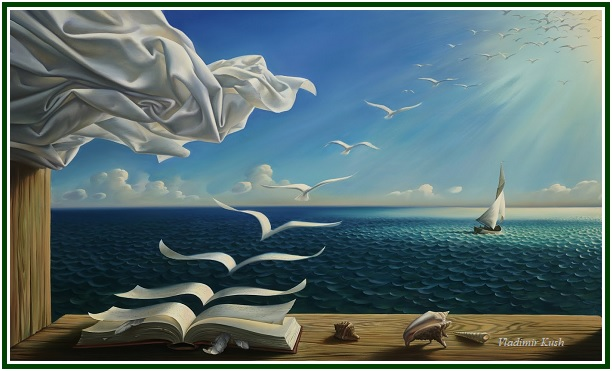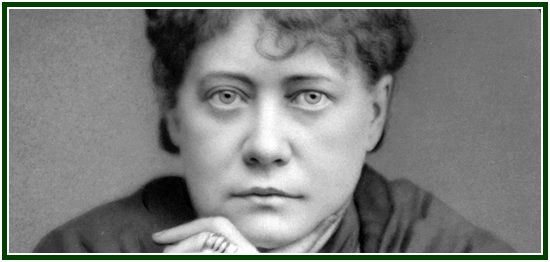
Individual Consciousness, a Ladder to Heaven
Carlos Cardoso Aveline

* Verbal information about the spiritual path has a limited value in esoteric philosophy: unless it leads to the actual growth and strengthening of one’s soul.
* The deeper importance of studying theosophical texts lies in the fact that human mind adopts both the form and substance of whatever it reflects upon. Distancing oneself from falsehoods is therefore a decisive factor in being able to learn.
* By uplifting his mind and soul, the student becomes one with divine knowledge. As he thinks upon that which is immortal and unlimited, his mind and his life change, and an existential syntony with divine knowledge unfolds.
* The calm study of esoteric philosophy silently transforms one’s life through the dynamic affinity between the microcosm and the macrocosm, between one’s soul and the Soul of the universe. Thus one learns to live in conscious unity with eternal time and infinite lucidity.
* Esoteric philosophy speaks of seven levels of consciousness, which can be symbolized by Jacob’s ladder in the Bible. [1]
* We ourselves are the Ladder to Heaven, or the bridge to the sky. We inhabit the seven planes of consciousness – and their subplanes. [2]
* What does, then, an aspirant to wisdom do?
* He elevates the Focus of his mind and heart along the lines of this invisible ladder. Yet he is still the whole ladder himself, and this is so all along each one of his incarnations.
* The ladder is built from above, upon being born. Its foundation is spiritual, not material. Its basis and dwelling place are above. The ladder appears material only to one’s five senses and left-side brain.
* As the truth-seeker expands the higher side of his experience in life, he still owes due respect for his lower self.
* The pilgrim will look at the denser aspects of his life according to his horizon, depending on the contents of his mind, on his conditions and goals. In any case, the esoteric tradition teaches that while you look for eternal truth, you must not disrespect your lower, basic levels of life-perception.
* The ladder to heaven that every human being constitutes can also be seen as the keyboard of a piano. You must know well and coordinate the entire keyboard in order to have the right kind of music, or sound, and life.
* The idea of “self” is complex, for there is no “single self”. We have a number of levels of perception. Many different voices inhabit and can be heard in each one’s soul.
* One’s different kinds of intelligence must come to an agreement. A harmonious cooperation among them allows them all to be consistent and achieve their main goal, a shared object – the wisdom of the spiritual soul, for instance.
* The one and the same divine knowledge enlightens the various levels of consciousness in sharply different ways. Unknown forms of both ignorance and good sense become visible. Pleasure and pain are now more intense. There is also a certain harmony between energies of different levels of consciousness.
* Generous emotions are in syntony with elevated thoughts, with sincere words, with altruistic actions. They all can be aligned. Their alignment, however, should not be taken for granted, for it is rarely perfect and keeping it requires vigilance and self-discipline.
* The basic agreement among different principles or levels of perception includes difficult moments and sad paradoxes. Mistakes are part of life, and correcting them is our sacred duty.
* The “inter-sectoral” agreement of different levels of consciousness must be accepted with its limitations, and can be (patiently) improved along time. Little by little, vertical integration – or Yoga – takes place.
NOTES:
[1] See “Antahkarana, the Bridge to Sky” and “The Vertical Side of a Journey”.
[2] Take a look at “The Seven Principles of Consciousness”.
000
The above article was published as an independent item in the associated websites on 4 April 2023. An initial version of it – with no indication as to the name of the author – is part of the February 2021 edition of “The Aquarian Theosophist”, pp. 17-18.
000
Print the texts you study from the associated websites. Reading on paper helps us attain a deeper view of philosophical texts. When studying a printed text, the reader can underline sentences and make handwritten comments in the margins that link the ideas to his personal reality.
000
Read more:
* Other writings of Carlos Cardoso Aveline.
* The Shock Doctrine, by James Richards.
000

Helena Blavatsky (photo) wrote these words: “Deserve, then desire”.
000